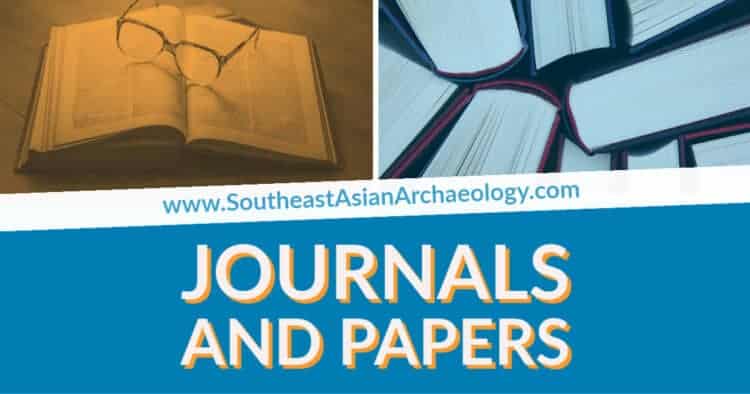via New Straits Times, 22 January 2024: Two Universiti Putra Malaysia academics are under scrutiny for allegedly misrepresenting Malay maritime history in a paper published in the International Journal of Academic Research in Business and Social Sciences. French historian Serge Jardin has criticized the inaccuracies in the paper, including incorrect identification of ships and locations. This has sparked a broader debate on academic integrity and the credibility of the journal, with concerns raised by political analyst Professor James Chin and Malaysian author Preeta Samarasan about the quality of peer review and the propagation of historical inaccuracies.
As a journal editor myself, there are a couple of red flags that immediately stand out. The first is that the journal carrying the article has nothing to do with the subject of the paper. Even the journal’s website describes itself as one that “publishes original research articles related to Business Management, Human Resource Management, Leadership, Marketing Management, Psychology, Sociology, Education Management, Teacher’s Training, Education Training, MIS (Management Information System), Business Law, Marketing theory and Marketing applications, Business Investment, Business Finance, Public Ethics, Operations Management, Business Research, Organizational Behavior, Business and Economics, Education, Case Studies, Statistics, Industrial Relations, Econometrics, Personnel Relations, Management & Public Policy”. The second red flag is the astonishing speed in which the paper was published – two months from acceptance to publication – which raises questions about the quality of the peer review (if it was reviewed at all), and the post-acceptance review where details such as the sources of images are checked. For the SPAFA Journal, papers take an average of 9-15 months to come to fruition, and I have authored some papers in other journals that have taken two years to be finally published. These red flags all point to a journal that is basically a publication mill – accepting payment for the promise of quick publication, so that academics can use these publications as part of their KPI for career advancement. The paper itself is equally problematic, with a poorly-defined research question, methodology and analysis and it would be unlikely to have been accepted by any reputable journal.
A French historian has come out accusing two academics from Universiti Putra Malaysia (UPM) of misrepresenting historical facts related to Malay maritime history and questioning the credibility of the academic journal it was published in.In a Facebook post, Serge Jardin, named Rozita Che Rodi and Hashim Musa– both academics affiliated with UPM– as the authors of a paper titled ‘The Jongs and The Galleys: Traditional Ships of The Past Malay Maritime Civilization’ that was published in the International Jou























